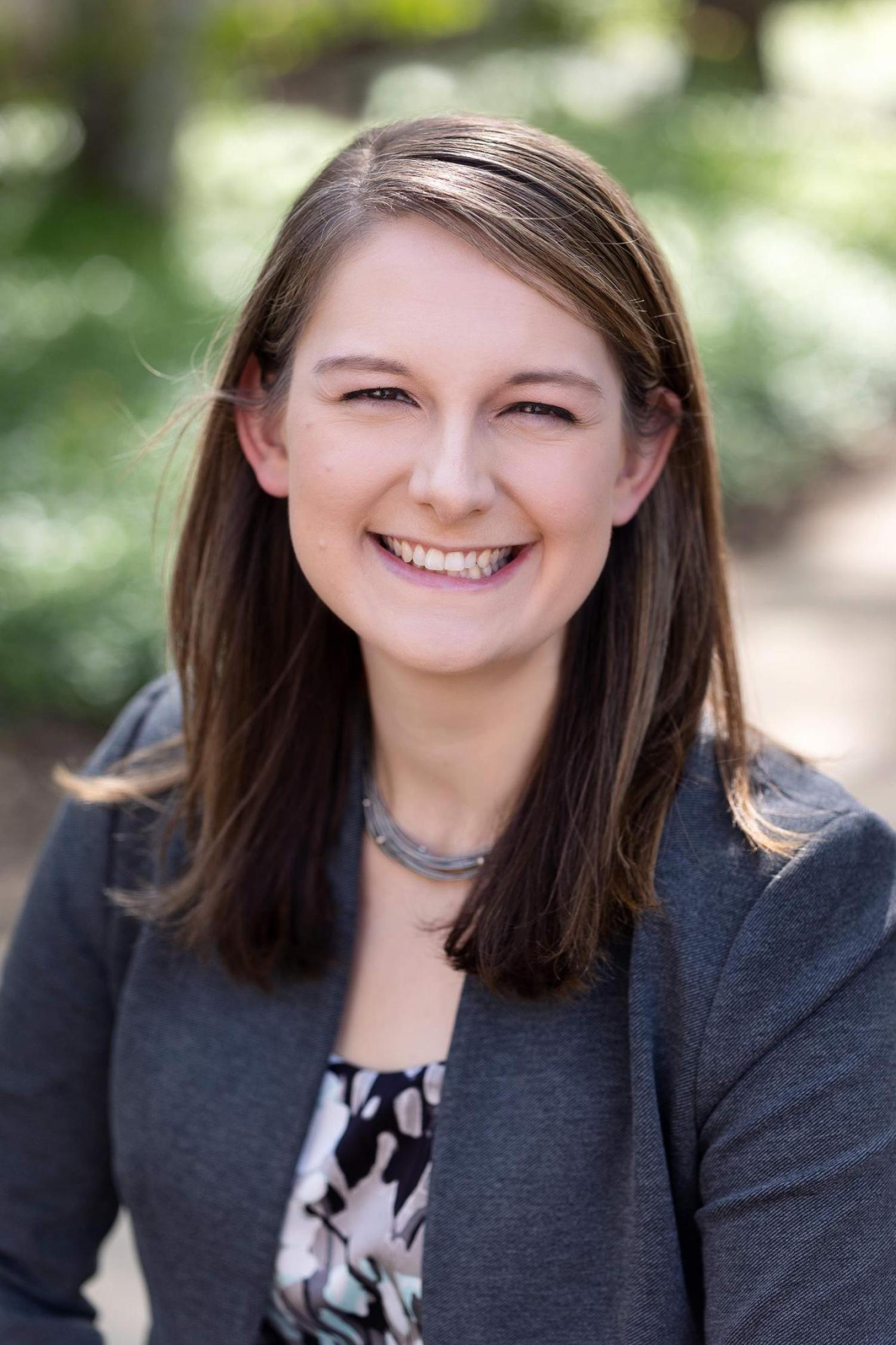Leah Frederick
- Assistant Professor of Music Theory
- MUSIC THEORY
Leah Frederick is a music theorist whose research concerns mathematical approaches to music theory, instrumental spaces and music theory pedagogy. Her current projects employ transformational and geometric techniques to study relationships between patterns in instrumental spaces (that is, the layout of notes on a physical instrument) and the corresponding pitch relationships they produce. Her writings on the instrumental space of the violin appear (or will appear) in Music Analysis (forthcoming) and the Journal of Music Theory (2024).
Frederick’s articles in Music Theory Spectrum (2024) and the Journal of Music Theory (2019) use mathematical approaches to examine the voice-leading properties of diatonic versus chromatic musical space. Her dissertation on this topic was awarded the Society for Music Theory’s 2020 SMT-40 Dissertation Fellowship and Indiana University’s 2018-20 Dean’s Dissertation Prize; a related conference paper was recognized by Music Theory Midwest’s 2018 Arthur J. Komar Award.
Frederick’s pedagogy-related scholarship explores connections between music theory pedagogy and the broader literature on teaching and learning. Her essay on expertise and harmonic analysis will appear in the Journal of Music Theory Pedagogy (forthcoming).
Before joining the faculty at the University of Colorado Boulder, Frederick taught as assistant professor at the University of Michigan (2022-24) and in a visiting position at Oberlin Conservatory (2019-22) where she was involved in the redesign and launch of Oberlin’s new undergraduate music theory curriculum. She completed a PhD in music theory from Indiana University in 2020 and earned a BS in mathematics and a BMA in viola performance from Penn State University in 2015.
Frederick currently serves on the executive board for the Society for Mathematics and Computation in Music and on the editorial boards for Music Theory Online, Theory and Practice, Intégral and “SMT-Pod.” From 2020-23, she served as co-chair of the Society for Music Theory’s Mathematics of Music Interest Group. While at Indiana University, she was editor of the Indiana Theory Review and was awarded the Wennerstrom AI Fellowship for outstanding teaching.
Frederick studied viola with Atar Arad and Tim Deighton, and her writing on viola repertoire appears in the Journal of the American Viola Society.
Recent publications
- “On Fingerboard Shapes, Violinistic Chord Spacings, and Instrumental Affordances in the Adagio of J.S. Bach’s G-minor Violin Sonata, BWV 1001,” Music Analysis (forthcoming).
- “Expertise, Difficulty, and Recognizing Chords in ‘More Complicated’ Contexts: Harmonic Analysis as a Pedagogical Bottleneck,” Journal of Music Theory Pedagogy (forthcoming).
- “Violin Fingerboard Space: Intervallic Mappings from Instrumental Space to Pitch Space,Journal of Music Theory 68, no. 2 (2024).
- “Diatonic Voice-Leading Transformations,”Music Theory Spectrum 46, no. 1 (2024).
- “Review of Organized Time: Rhythm, Tonality and Form by Jason Yust,”Music Theory Online 26, no. 4 (2020).
- “Generic (Mod-7) Voice-Leading Spaces,”Journal of Music Theory 63, no. 2 (2019): 167-207.
[Finalist for the Society for Music Theory’s 2020 Emerging Scholar Award] - “A ‘Design of Exchange’ in George Rochberg’s Sonata for Viola and Piano (1979),” Journal of the American Viola Society 35, no. 1 (2019): 24-36.
Photo: Rosen-Jones Photography



